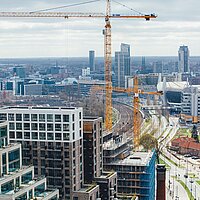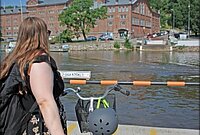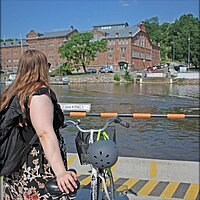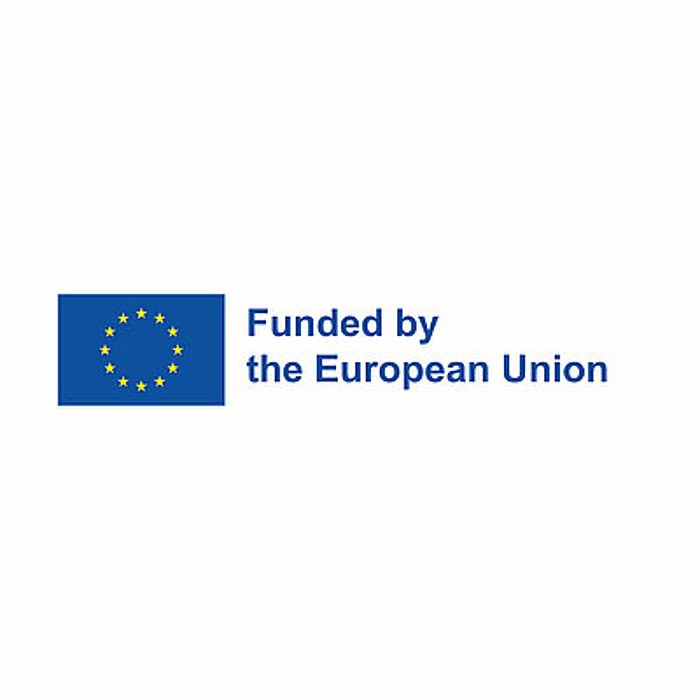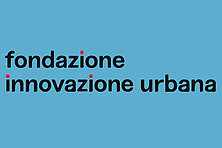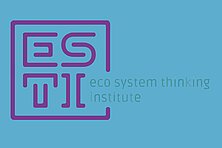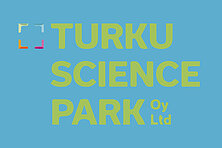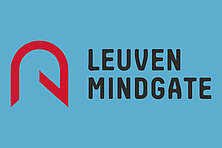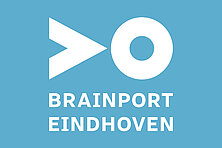Last Generation of Private Car Owners Challenge
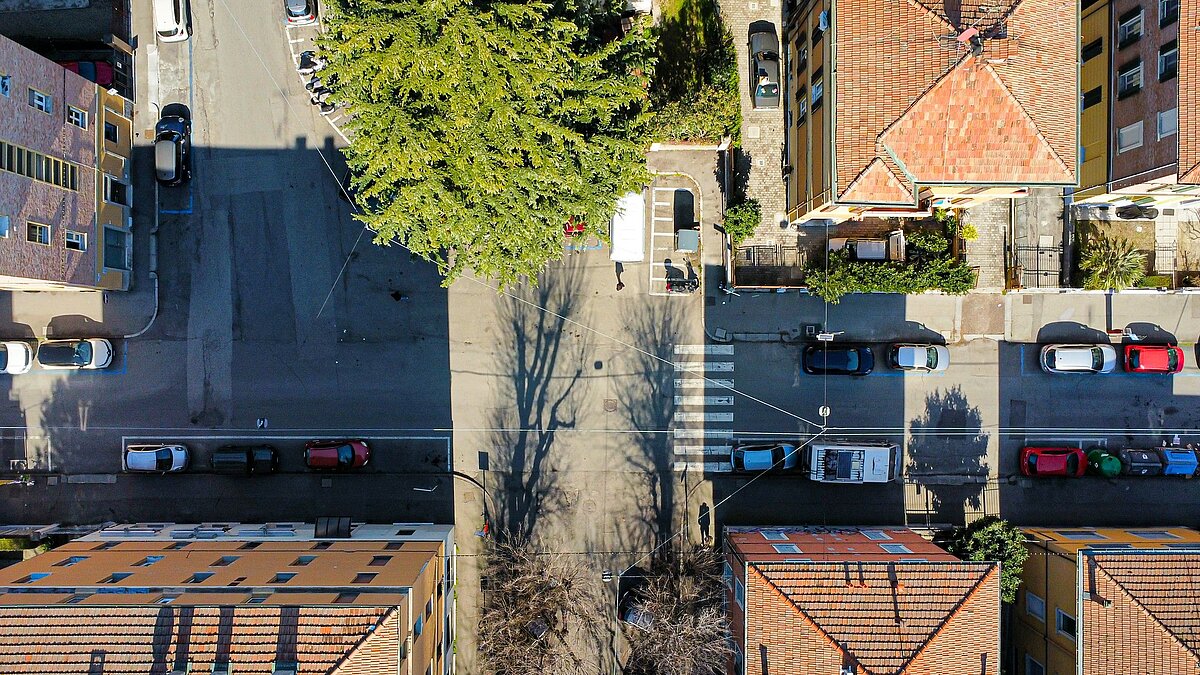

Cars transport on average 1,4 persons and are parked 95% of the time. Transporting an average human of 70kg’s using 2000kg of plastics, steel and other resources.
Background of the Challenge
The heavy reliance on private cars for travel can be attributed to various factors:
- Life Events: Major life transitions often create unique mobility challenges, requiring individuals to balance work and personal commitments. Life events can disrupt established travel patterns, prompting people to reconsider their behavior and resource usage, including the number of cars they own.
- City Planning: Most urban areas have been designed with private car ownership in mind. Access to essential services and facilities like shops is often optimized for car owners in terms of distance and convenience.
- Infrastructure Gaps: The dominance of private cars means that the majority of transportation investments and costs are directed toward car-related infrastructure, such as parking, road capacity, and maintenance, while alternative modes like cycling, public transport, and pedestrian infrastructure receive limited funding.
- Subpar Alternatives: Many available alternatives to private car ownership are less attractive in terms of flexibility, ease of use, travel time, and options. In some cases, alternatives may not be viable due to factors like remote living or working locations.
- Network Effect:The prevalence of private cars reinforces a network effect. As more cars are added, the need for additional infrastructure and investments grows, contributing to the sunk cost fallacy.
- Underutilization: On average, cars transport only 1.4 persons and remain parked 95% of the time. This results in inefficient transportation, with an average of 2000kg of resources used to move a 70kg person.
- Habit and Culture: There is a prevailing belief that privately owned cars provide independence. Young individuals entering the workforce often face mobility challenges, and the default solution is to purchase a car. Breaking this cycle is challenging due to the entrenched mindset of dependence and habit. However, young people have yet to fully develop this mindset. On the other hand, incumbent car owners face perceived risks, concerns about loss of freedom, status considerations, and other factors that make it difficult to persuade them to change their habits. Additionally, limited exposure to alternatives and cultural factors play a significant role.
- There is currently no direct feedback loop for owners regarding externalized costs like environmental impact, traffic accidents, congestion, wasted time, air pollution, quality of life and health issues. These costs are largely borne by society as a whole.
The 'Last Generation of Private Car Owners Challenge' aims to address these issues and welcomed proposals that expedite the transition to a generation that no longer relies on private car ownership.
The Open Innovation Challenges are closed.
Join the finalsThe European framework
The Cities 4.0 Open innovation Challenges are developed under the European project CITIES 4.0 - Climate Innovation Through Interactive Ecosystem Summit (September 2022 - September 2024) that involves partners of 4 different European cities: Brainport Eindhoven, Ecosystem Thinking Institute (Eindhoven, Netherlands), Turku Science Park (Turku, Finland), Leuven Mindgate (Leuven, Belgium) and Fondazione Innovazione Urbana (Bologna, Italy). Its aim is to create new synergies between innovation ecosystems in order to achieve climate neutrality by 2030, following the guidelines of the EU Mission “100 climate-neutral and smart cities by 2030”.
Photo 1 (cover) credit Margherita Caprilli
Photo 2 credit Hoffström-Cagiran_Eelin
Photo 3 credit Hoffström-Cagiran_Eelin
Photo 4 credit Margherita Caprilli
Are you interested in the latest updates?
Follow us on LinkedIn!
